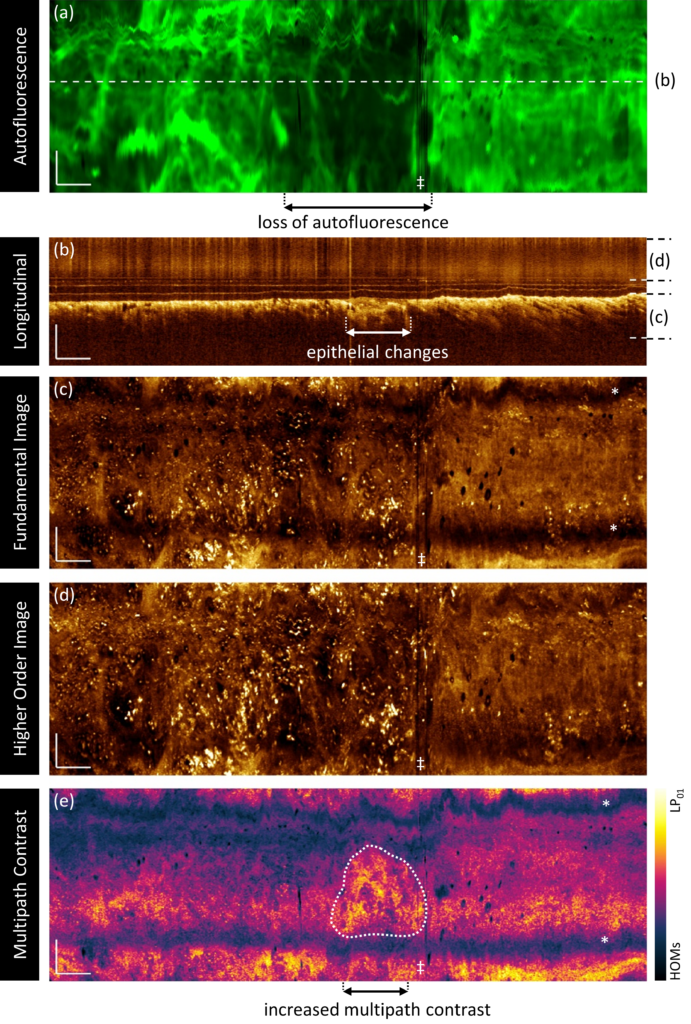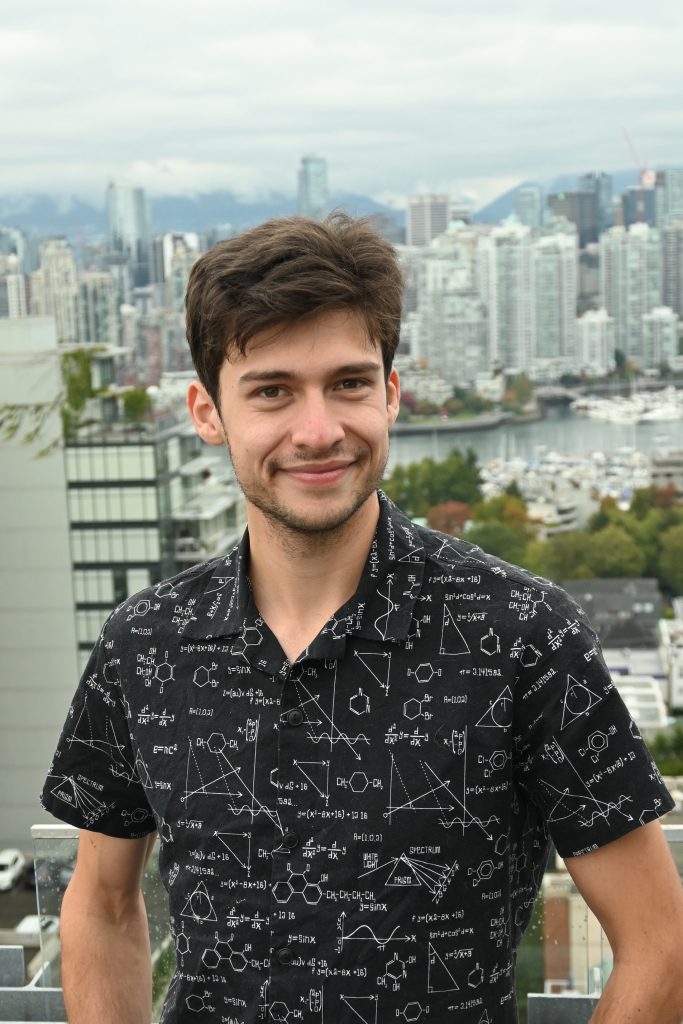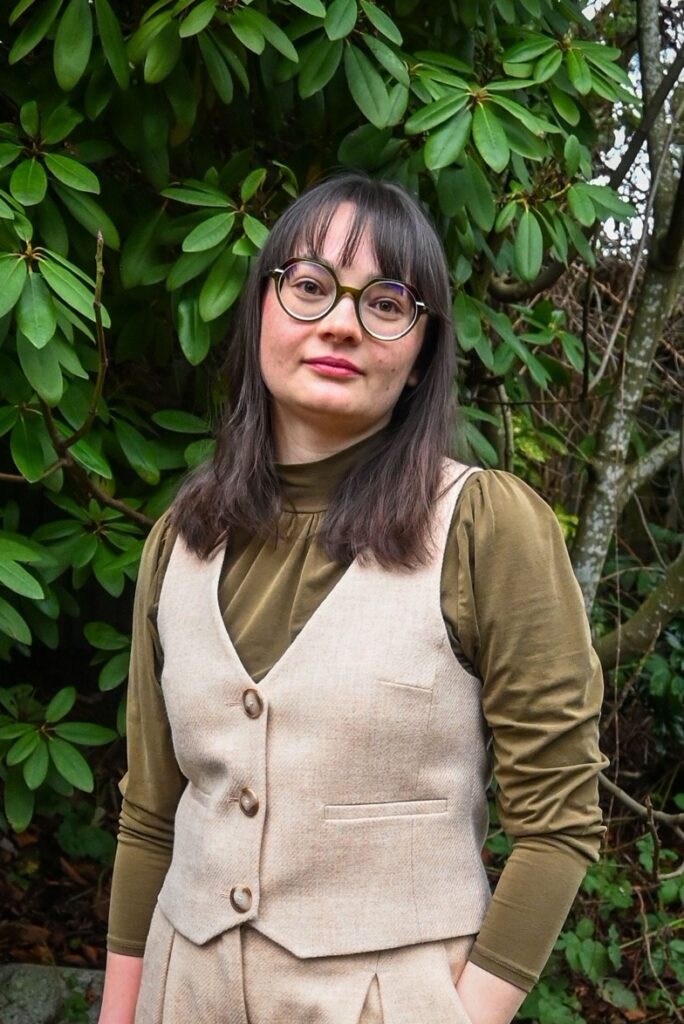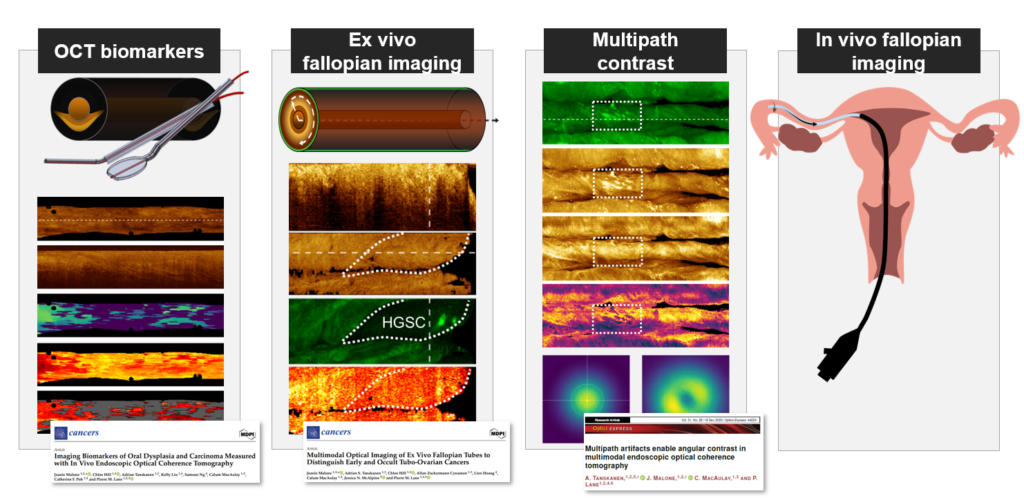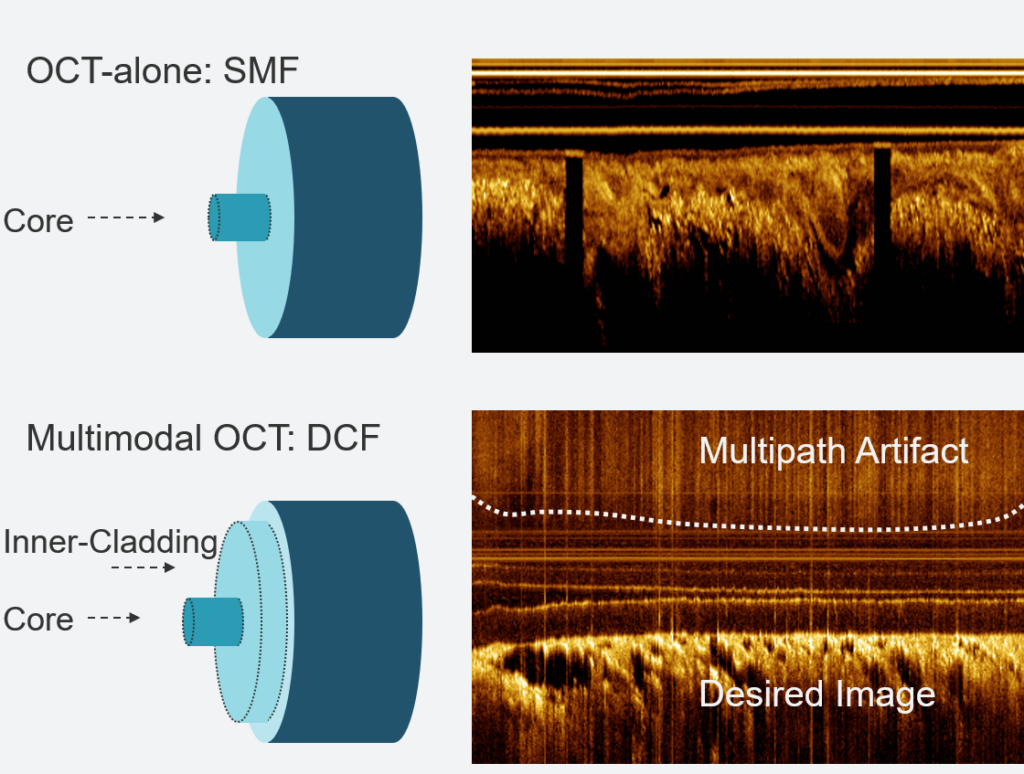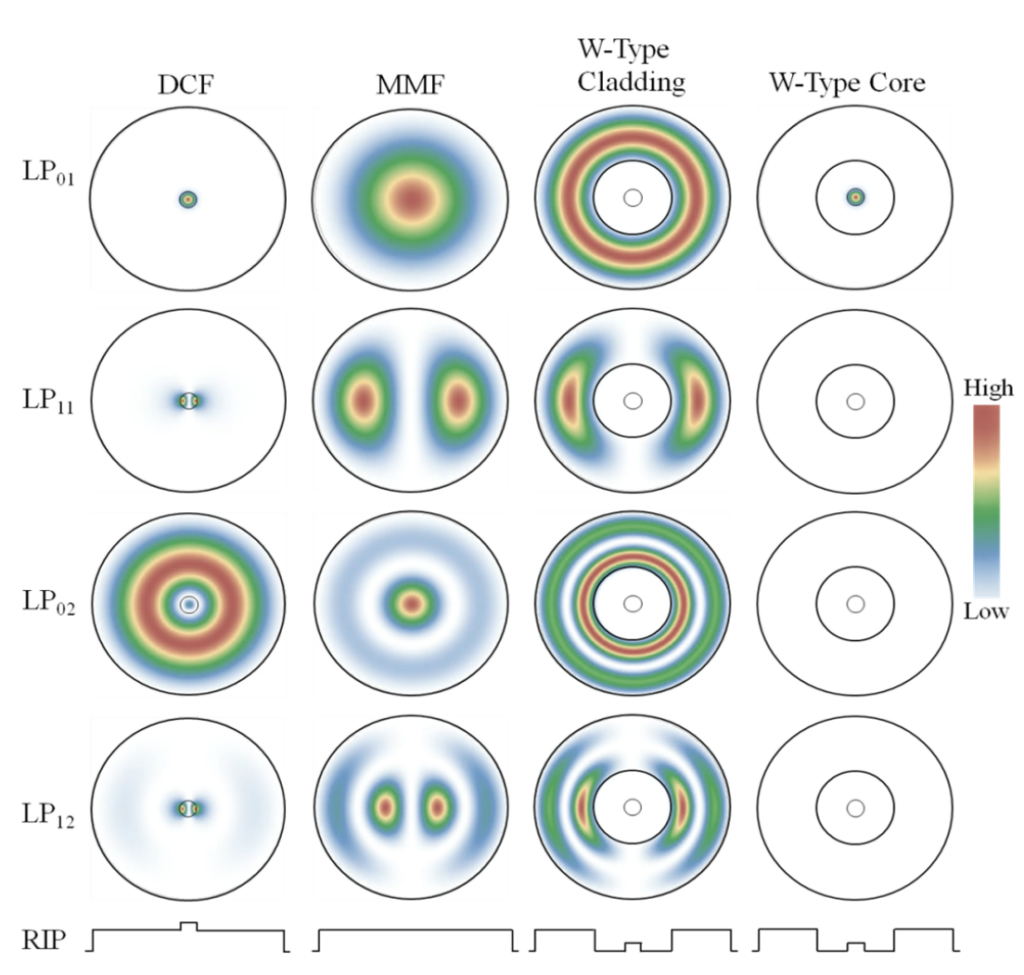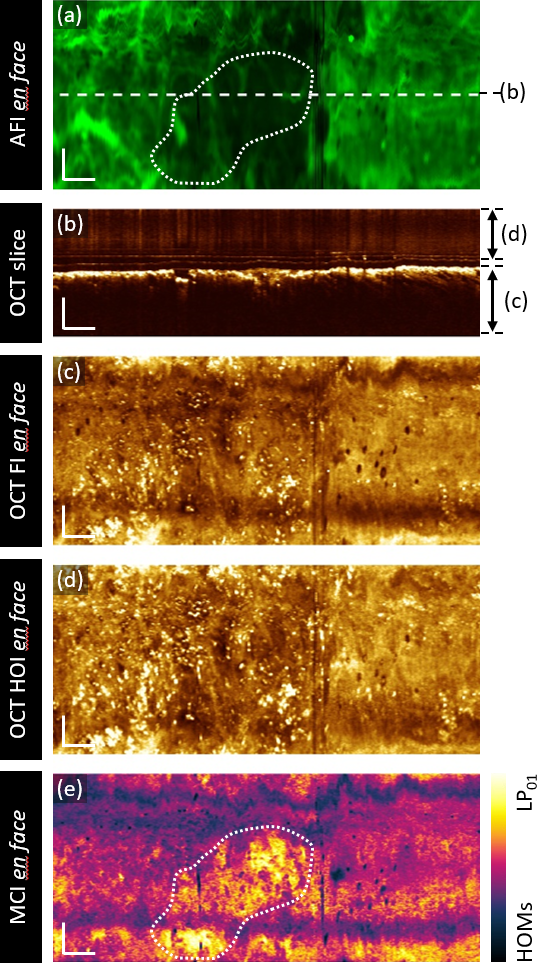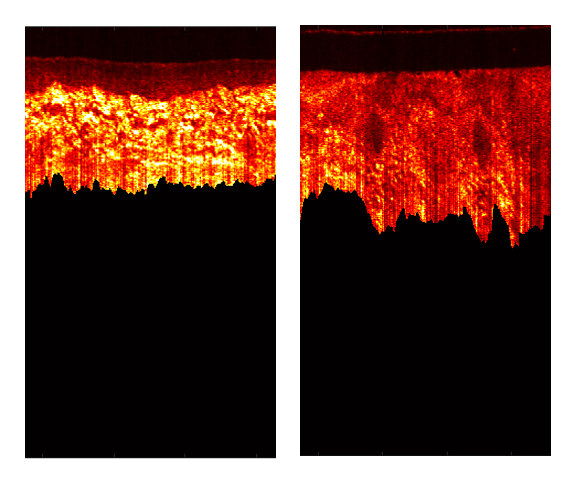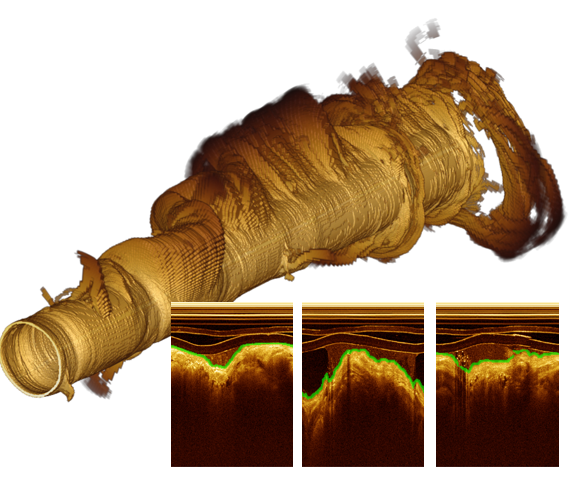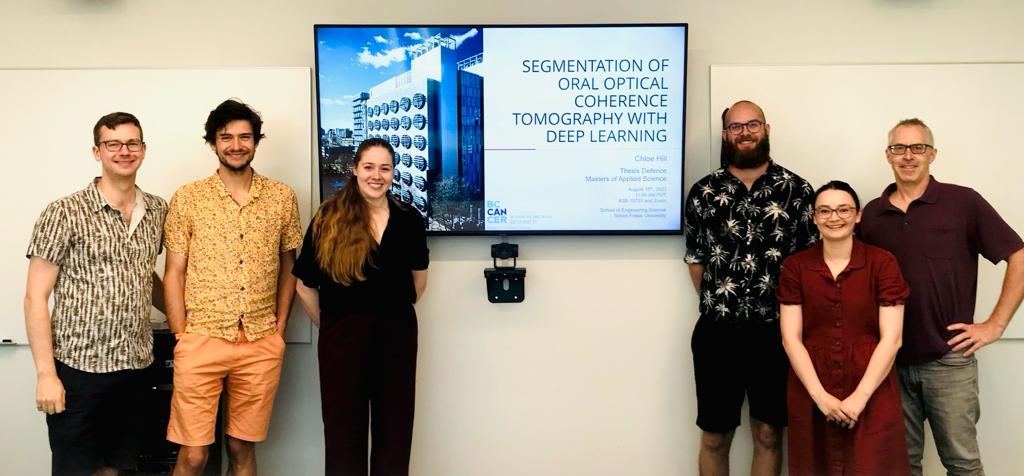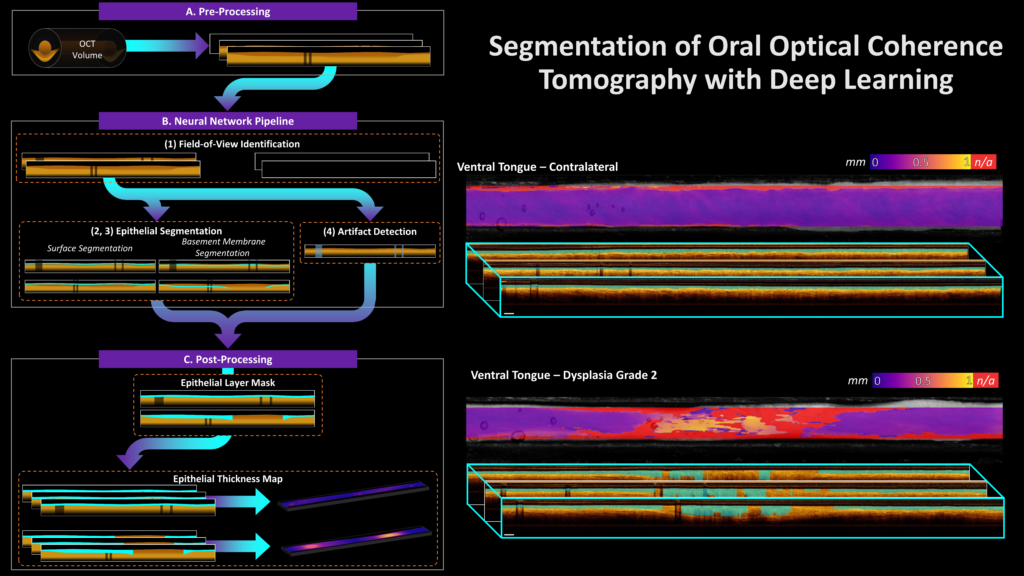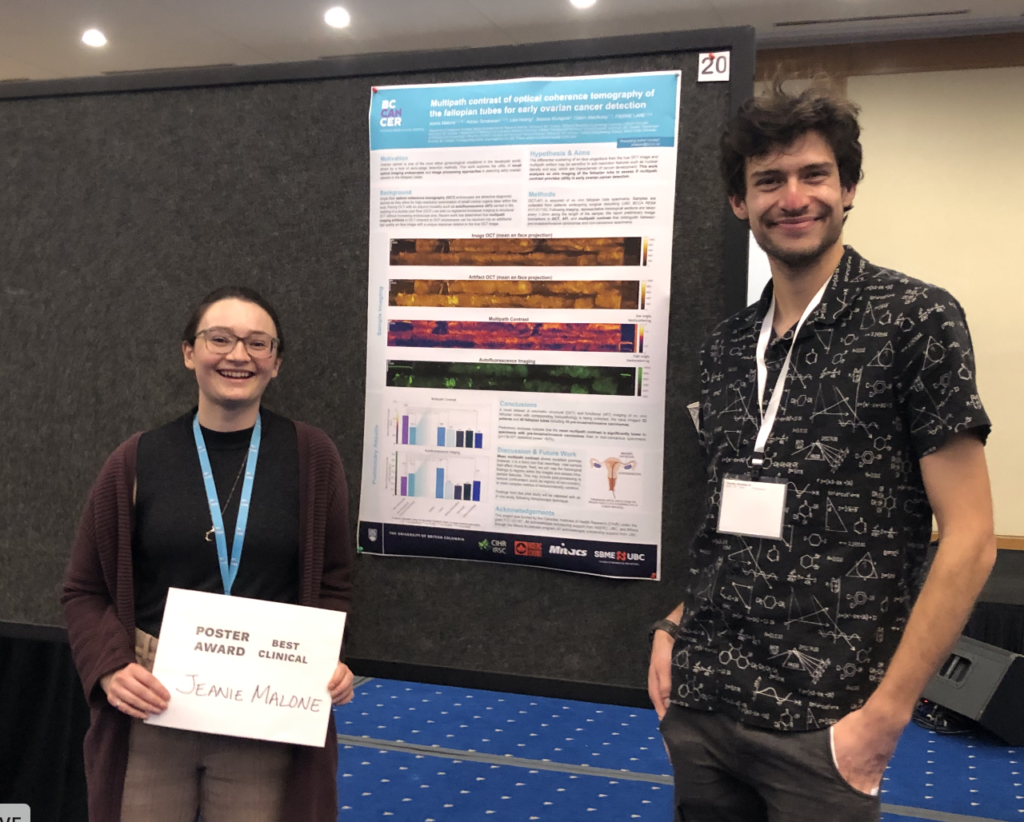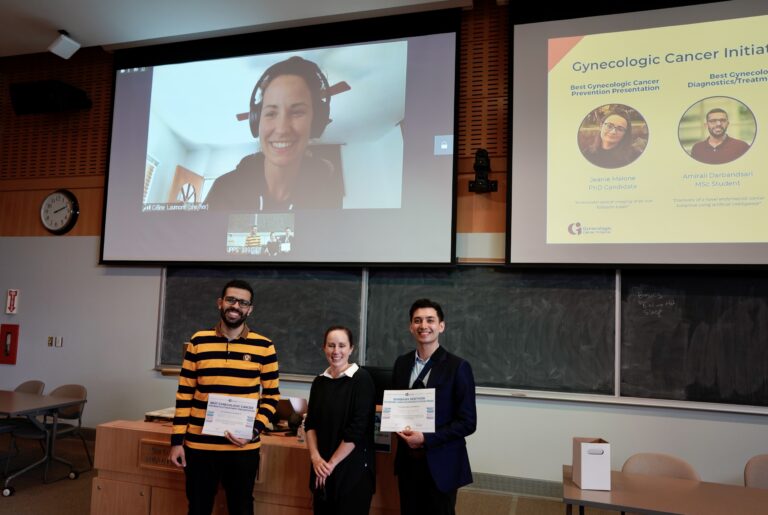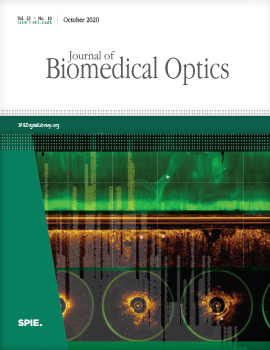Congratulations to Adrian & Jeanie for their work being selected as one of the winners of the BC Cancer 2023 Outstanding Trainee Publication competition, which recognizes excellent research published by students, medical residents, and post-doctoral fellows conducted at BC Cancer.
Their publication ‘‘Multipath artifacts enable angular contrast in multimodal endoscopic optical coherence tomography” describes a way to leverage artifacts inherent in double-clad fiber based OCT systems to produce a new contrast mechanism. This approach captures sub-resolution information, which may have utility in differentiating nuclear changes that occur during cancer progression.
